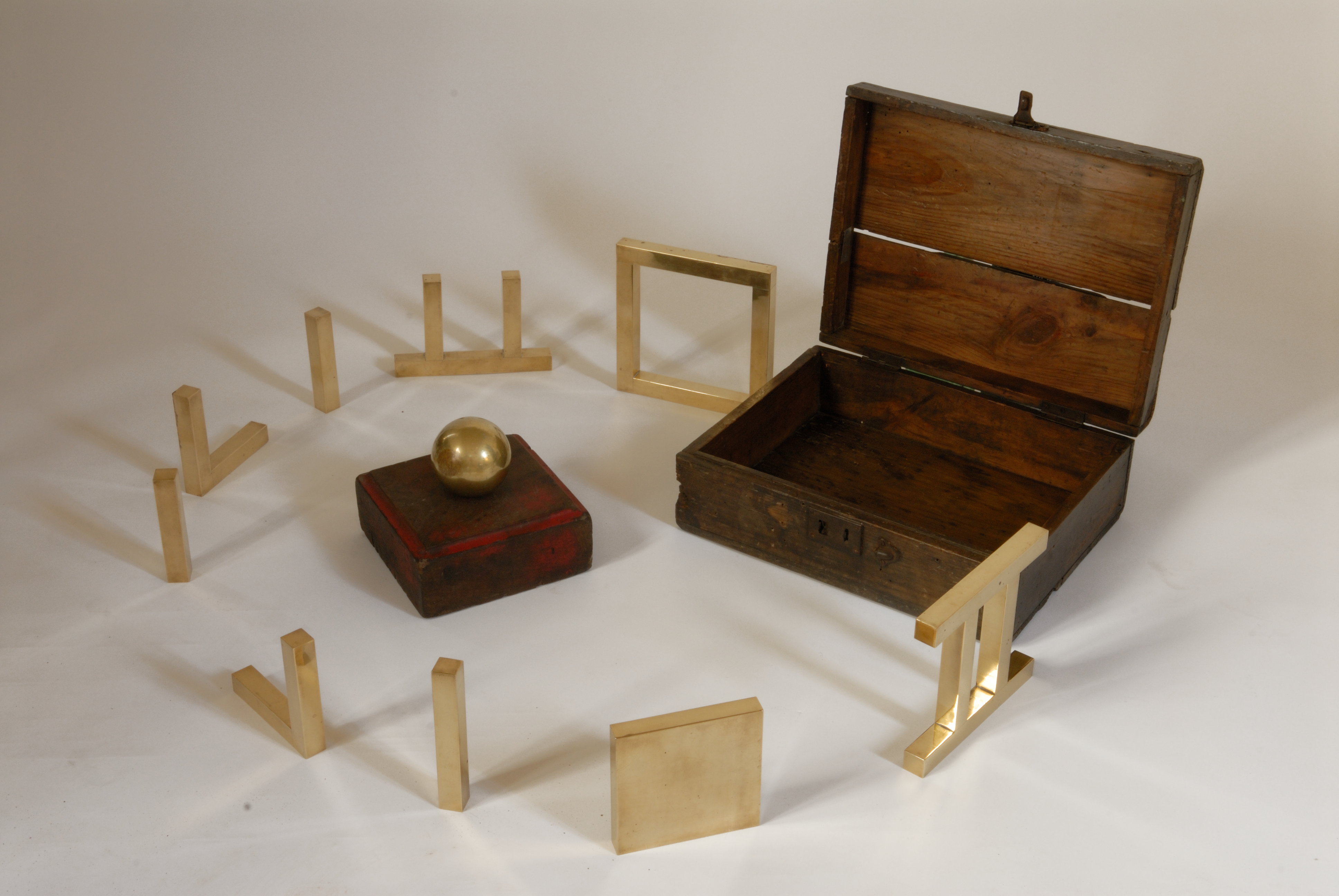(Buenos Aires, 1951-1994)
Liliana Maresca was a catalyst in the development of collective experiences that sought to strengthen the social and interdisciplinary ties of the artistic community since the end of the last military dictatorship in Argentina. With an overwhelming energy and a critical eye on the social and political context, but also on the role of the artist, Maresca sought to expand the boundaries of art, exploring the margins of disciplines and institutions.
She was born in the city of Avellaneda, province of Buenos Aires. She studied at the Escuela Nacional de Cerámica, in the painting workshops of Renato Benedetti, drawing with Miguel Bengochea, and sculpture with Emilio Renart. She taught Graphic Design. Morphology I at the Faculty of Architecture and Urbanism of the UBA (1986-1988).
Since 1986 she taught in her private workshop and in 1991 she gave a sculpture workshop at the Centro Cultural Ricardo Rojas.
Her works deal with reflections on the social and individual body, sexuality, violence and the power of transformation. She made sculptures, paintings, objects, installations, photoperformance, actions and graphic interventions. She led the organization of multidisciplinary artistic events such as Lavarte (1985), La Kermesse. El Paraíso de las Bestias (1986) and La Conquista. 500 años. 40 artistas (1991). In 1993 she published in the magazine El Libertino N° 8, Maresca se entrega, todo destino, a photographic performance. Maresca also made theatrical settings, scenery and costumes for plays by Emeterio Cerro and Omar Chaban, as well as for Marcelo Franco’s film No se haga el distraído: el sándwich es Usted.
She died in 1994, victim of AIDS, a few days after the opening of Frenesí, her retrospective exhibition at the Centro Cultural Recoleta.


 Maresca Liliana
Maresca Liliana